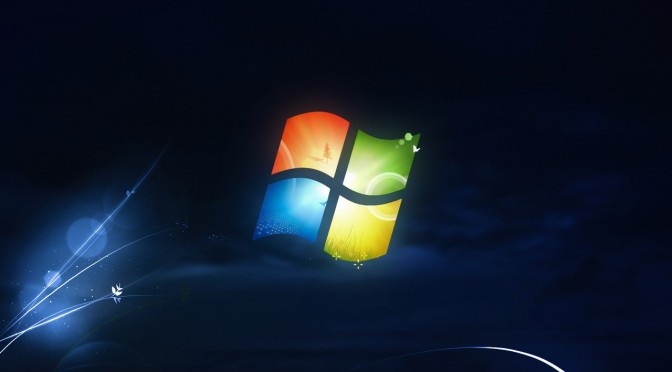Microsoft is currently deploying the Spectre and Meltdown fixes via its Windows Update app and has just detailed the performance impact users can expect from them. As we’ve reported, these security fixes are now available only for Intel’s systems as AMD’s configurations experience some booting issues after applying them.
Microsoft claimed that with Windows 10 on newer silicon (2016-era PCs with Skylake, Kabylake or newer CPU), benchmarks show single-digit slowdowns. As such, the company does not expect users to notice any significant performance changes after applying the Spectre and Meltdown fixes.
On the other hand, those with Windows 10 on older silicon (2015-era PCs with Haswell or older CPU), may experience some performance decreases. According to Microsoft, some benchmarks show more significant slowdowns on those machines (though the company did not reveal the benchmarks it used to measure performance).
Last but not least, those with Windows 8 and Windows 7 on older silicon (2015-era PCs with Haswell or older CPU), will most likely notice a decrease in system performance.
Regarding Windows Server on any silicon, companies will experience a significant performance impact, especially in any IO-intensive application, when they enable the mitigations to isolate untrusted code within a Windows Server instance. This may explain the CPU server issues that Epic Games and Housemargue have experienced these past few days.
All in all, those with weaker CPUs and older operating systems will undoubtedly notice a performance decrease, and that’s coming directly from Microsoft!

John is the founder and Editor in Chief at DSOGaming. He is a PC gaming fan and highly supports the modding and indie communities. Before creating DSOGaming, John worked on numerous gaming websites. While he is a die-hard PC gamer, his gaming roots can be found on consoles. John loved – and still does – the 16-bit consoles, and considers SNES to be one of the best consoles. Still, the PC platform won him over consoles. That was mainly due to 3DFX and its iconic dedicated 3D accelerator graphics card, Voodoo 2. John has also written a higher degree thesis on the “The Evolution of PC graphics cards.”
Contact: Email

